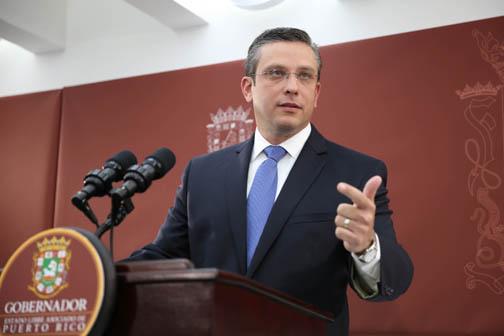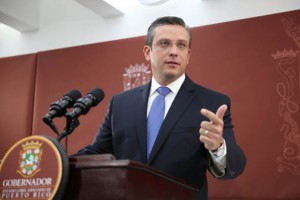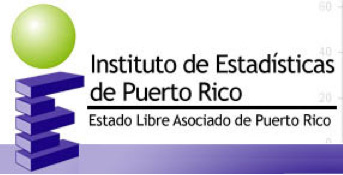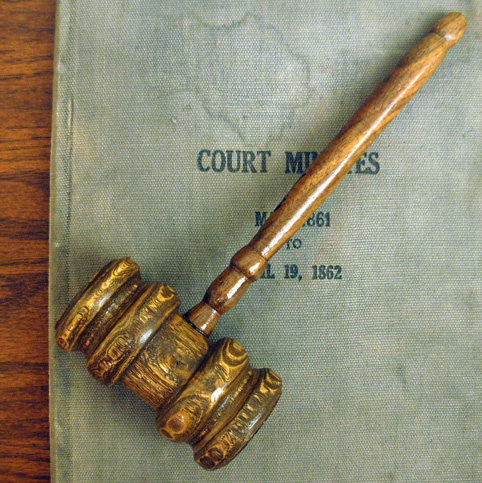GDB bondholders sue P.R. gov’t over Moratorium Act

A group of Government Development Bank for Puerto Rico creditors have filed an amended complaint in the U.S. District Court for the District of Puerto Rico challenging the constitutionality of certain aspects of the Puerto Rico Emergency Moratorium and Financial Rehabilitation Act, and certain related executive orders.
Earlier this month, the members of an Ad Hoc Group of GDB bondholders, including the plaintiffs, announced an agreement with the GDB on indicative terms of a proposed restructuring, subject to negotiation of certain terms and conditions.
The Ad Hoc Group continues to negotiate with GDB toward definitive documentation. Accordingly, and while negotiations continue, the Ad Hoc Group continues to forbear from exercising legal remedies with respect to defaults by GDB in connection with the principal payments due May 1, 2016, of about $367 million, to maintain the status quo.
“In an unexpected and unfortunate development, shortly after the indicative terms were announced, Law 40 was enacted amending the Moratorium Act to change the status quo by prioritizing the rights of certain GDB creditors over others,” the bondholder group said in a statement. “As set forth in the original complaint, all creditors of GDB are entitled to pari passu treatment.”
While plaintiffs, as members of the Ad Hoc Group, expect to continue constructive restructuring negotiations with GDB and other bondholders, in the interest of their investors, they have no choice but to challenge as null and void the provisions of the Moratorium Act, as amended, that purport to retroactively alter the parties’ rights.
The plaintiffs allege in the amended complaint, among other things, that certain provisions of the Moratorium Act violate the U.S. Constitution and the Puerto Rico Constitution by impairing bargained-for rights, by depriving a subset of creditors of property for the benefit of the Commonwealth without just compensation, and by providing for preferential treatment of certain creditors in a facially discriminatory manner.
The plaintiffs also allege that certain provisions of the Moratorium Act conflict with and are preempted by the federal Bankruptcy Code, and unconstitutionally bar suit in federal court.
Notwithstanding the Commonwealth’s unconstitutional actions, the members of the Ad Hoc Group understand that the Commonwealth faces significant challenges and want to continue working with GDB, as they have for over a year, to achieve a fair, equitable, and mutually beneficial restructuring.
The plaintiffs are funds managed or advised by Brigade Capital Management, LP, Claren Road Asset Management, LLC, Fir Tree Partners LP, Fore Research & Management, LP and Solus Alternative Asset Management LP. All of the plaintiffs except Fir Tree Partners LP are represented by Davis Polk & Wardwell LLP and Vicente & Cuebas, as legal counsel, and by Ducera Partners, as financial advisor; Fir Tree Partners LP is represented by Robinson McDonald & Canna LLP and Vicente & Cuebas, as legal counsel, and by Ducera Partners, as financial advisor.
Soon after the amended complaint was filed, Puerto Rico Gov. Alejandro García-Padilla said the creditors filed the lawsuit to “hinder the provision of services that Puerto Ricans receive from the government.”
“This will affect the ability of the Commonwealth of having police on the streets, teachers in schools and nurses in hospitals. The lawsuit seeks to bar the Commonwealth from using its legal powers under the Moratorium Act, which allow it to give priority to the payment of essential services offered by the government over public debt,” he said.
“The Commonwealth has run out of options because Congress excluded Puerto Rico of the Bankruptcy Code in 1984, without explanation, and federal courts have prevented previous attempts to legislate tools to restructure the debt,” he said.
“If the Commonwealth can not proceed with its intention to restructure the debt in an organized manner, there will be chaotic litigation and the courts could snatch control of the limited government resources to make them available to the interests of Wall Street funds,” he said.









